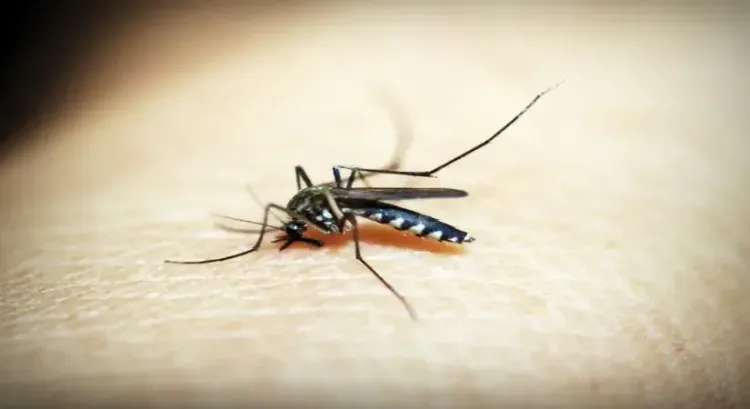How Many Malaria Cases Did Ethiopia Report in May?

Synopsis
Key Takeaways
- Ethiopia reported over 520,000 malaria cases in May 2023.
- Malaria is endemic below 2,000 metres altitude.
- Ongoing conflicts hinder public health efforts.
- Symptoms range from mild to severe, impacting vulnerable populations.
- Prevention and treatment are available and necessary.
Addis Ababa, July 2 (NationPress) The World Health Organization (WHO) has announced that efforts for malaria coordination and surveillance are actively taking place in Ethiopia, following the alarming report of over 520,000 malaria cases recorded in just one month.
In the latest Ethiopia Health Cluster Bulletin, the WHO detailed that the East African nation documented a staggering total of 520,782 malaria cases in the month of May alone.
In addition, the WHO highlighted that Ethiopia is grappling with several disease outbreaks, including cholera, measles, malaria, and mpox. The organization pointed out that ongoing conflict in certain regions has significantly impacted public health, leaving many individuals in dire need of assistance, particularly those trapped in inaccessible areas with limited humanitarian support.
Malaria is endemic to Ethiopia, predominantly affecting regions below the 2,000-metre elevation, which constitutes about 75% of the country's land area. Approximately 69% of the population residing in these regions are at risk of contracting the disease.
Typically, malaria cases surge between September and December, following the main rainy season, and also from April to May after the secondary rainfall, according to reports from Xinhua news agency.
The WHO reported that Ethiopia recorded over 8.4 million malaria cases in 2024, marking the highest incidence of malaria ever reported in a single year within the country.
The health organization also noted that malaria is a severe disease transmitted to humans through certain mosquito species. It is predominantly found in tropical regions and is both preventable and treatable.
The disease is caused by a parasite and is not transmitted directly from person to person.
Symptoms can range from mild, such as fever, chills, and headaches, to severe, including fatigue, confusion, seizures, and difficulty breathing.
Groups at greater risk for severe malaria include infants, children under five, pregnant women, travelers, and individuals living with HIV or AIDS.
Prevention measures include avoiding mosquito bites and utilizing medications, while treatments can prevent mild cases from progressing.










